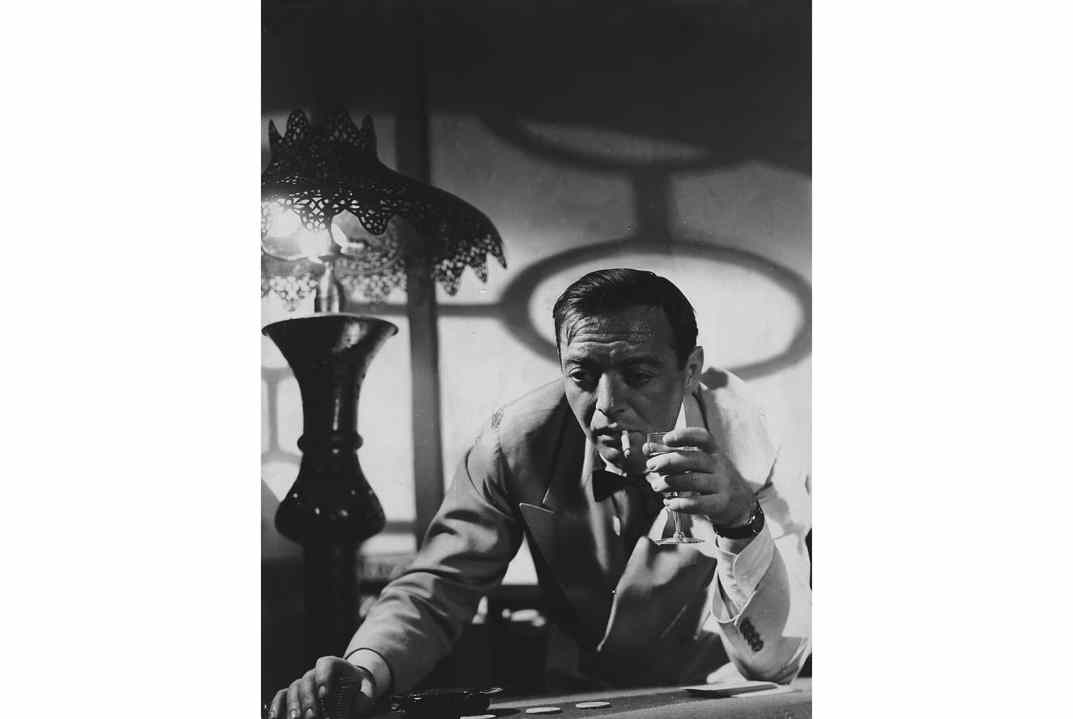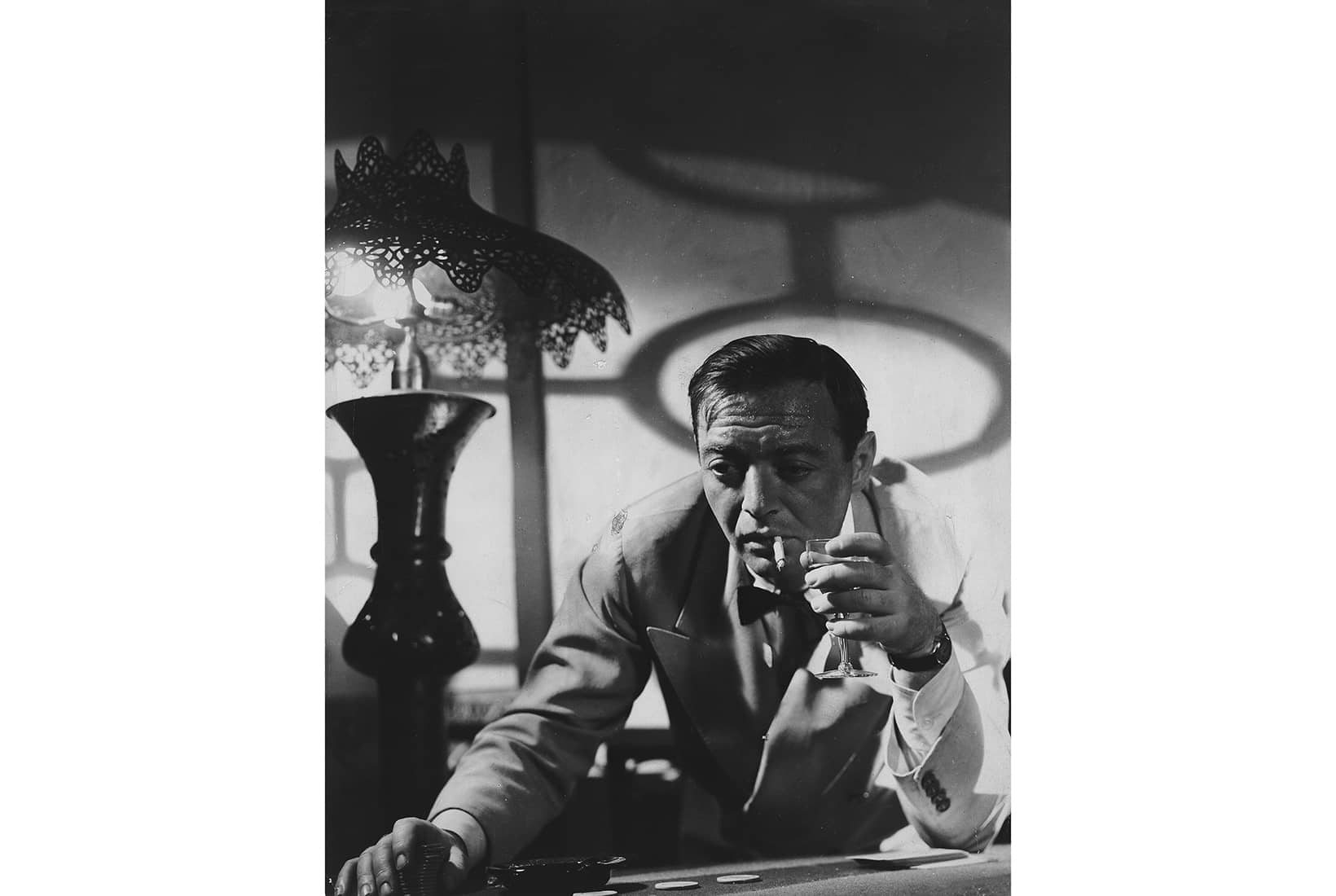The star system is a false hierarchy: the best rarely make it to the top. I thought of this recently when it was announced that David Warner had died. Few outside acting could name him, though you may have seen his head flying off in The Omen, a film in which heads are cheap. Warner was a Manchester-born jobbing actor: a character actor, better defined by what he is not, which was a star.
I could write pages about why a star is a star, and a character actor remains a character actor, but the most significant reason is simple. Warner was brilliant but he was not handsome. Yet he did, in Time Bandits, a tale of little people thieving through history with a magic map, steal a film not only from Sean Connery – playing King Agamemnon with an Edinburgh accent, which surprisingly does work – and Ian Holm, a notorious film-stealer himself, but also from Ralph Richardson, as a peculiarly British God: God the weary bureaucrat.
Warner played Evil as a pantomime dame with curling nails, locked in a mirrored fortress with his ambition and his fury. I’m faintly surprised he isn’t standing for leader of the Conservative party because he’d win. He met the part with ecstasy: at one point he transformed himself into a carousel. Nothing I saw in the cinema in my childhood matched him and when he died, I mourned the films he could have made.
Hollywood always regresses to its hunger for simple flesh. Leading men must have a meaty quality
Hollywood has always been a star factory, and, a century in, little has changed on the production line. It likes a kind of glowing perfection in women, as if they are designed to be lit, not touched: Natalie Portman and Scarlett Johansson are living statues.









Comments
Join the debate for just £1 a month
Be part of the conversation with other Spectator readers by getting your first three months for £3.
UNLOCK ACCESS Just £1 a monthAlready a subscriber? Log in